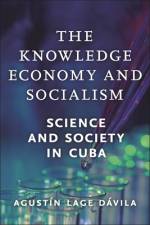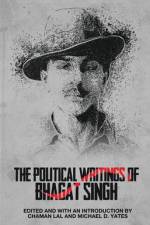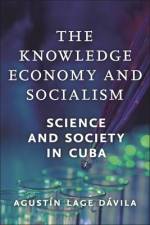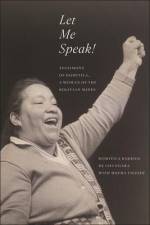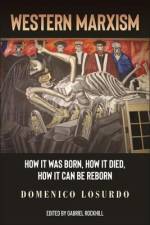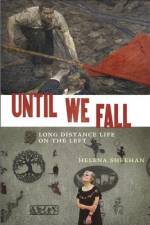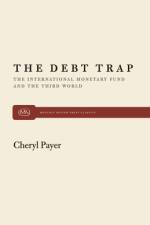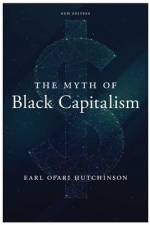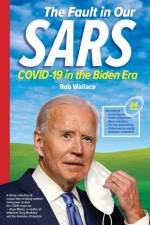- How It Was Born, How It Died, How It Can Be Reborn
av Domenico Losurdo
341 - 897
A stinging critique of Western Marxism, counterposing its complicity with imperialist logic against a resurgent anti-imperialism Western Marxism: How It Was Born, How It Died, How It Can Be Reborn is a paradigm-shifting book that provides a trenchant critique of the Western left intelligentsia. It reveals how its dominant ideological orientation--characterized by defeatism, utopianism, and anti-communism--is rooted in the political economy of imperialism. Internationally acclaimed theorist Domenico Losurdo thus provides a fresh and challenging perspective on purportedly radical thinkers who have been widely promoted in the imperial core, including those affiliated with the Frankfurt School, French Theory, and operaismo, as well as Hannah Arendt, Giorgio Agamben, Michael Hardt, and Slavoj Zizek, among others. His critique also has wide-reaching implications for trend-setting discourses inspired by this coterie of intellectuals, from postcolonial and decolonial theory to subaltern studies and beyond. Far from being a negative undertaking, however, this book is grounded in the positive project of reigniting anti-imperialist Marxism. As a complement to the Italian edition of Western Marxism, this first-ever English translation also features the unprecedented publication of a major lecture that demystifies "Western Marxism" and its role in imperialists' efforts to denigrate the achievements of actually existing socialism. Raising the stakes of what it means to produce critical theory, Western Marxism will surely provoke wide debate and a reevaluation of hallowed canons.

